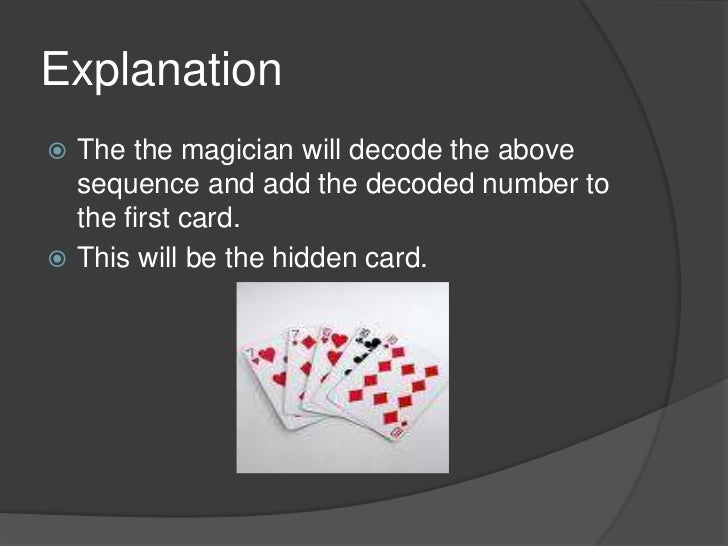A Card Game Parody of City Life
Where Pigeons Rule the Roost
Based on the Pigeon book series by Mo Willems, The Pigeon Wants a Match Game finds players trying to collect the most matches of hilarious images from the books. Color-coded borders and backgrounds make pairing tiles easy and fun for even the youngest matchers. The game is designed to help develop visual literacy and coordination skills.
And you help them find nestmates, because the rent is too plucking high!
It's part memory, part strategy, part pluck of the draw.
Ever wanted to tell someone to “Pluck Off!”?
In this card game parody of city life, pigeons rule the roost and you win by helping them find nestmates (because the rent is too plucking high). Each pigeon card is a unique character. Each has its own art and limerick that tells a short, plucky story. But players and pigeons must watch their tail feathers, because there are Urban Vermin action cards like Panhandler Possums and Pizza Rats who are out to pluck up their big city dreams.
Easy to learn and play but difficult – if not impossible – to master, you need a combination of memory, strategic pluckery, poker face and pluck of the draw to dupe other players into giving up their hard-earned pigeon cards. And just when you think you’ve won it all, an Urban Vermin could pluck-up your game.
So grab your friends, family and frenemies – whoever you want to tell to “Pluck Off!”. It’s fun and chaos mixed with just enough Trash Panda to keep your party going!

Gameplay takes approximately 30 minutes for 3 – 6 players, ages 17 and up.
Spades Rules
These are the rules I use for Spades. I got them from John McLeod's pagat.com, which has rules for pretty much all card games. (C) John McLeod, 2011 - reprinted with permission.
The teams
The four players are in fixed partnerships, with partners sitting opposite each other. Deal and play are clockwise.
Rank of Cards
A standard pack of 52 cards is used. The cards, in each suit, rank from highest to lowest: A, K, Q, J, 10, 9, 8, 7, 6, 5, 4, 3, 2.
Stool Pigeon Card Game
The Deal
/pic4268444.jpg)
The first dealer is chosen at random, and the turn to deal rotates clockwise. The cards are shuffled and then dealt singly, in clockwise order beginning with the player on dealer's left, until all 52 cards have been dealt and everyone has 13.
The Bidding
In Spades, all four players bid a number of tricks. Each team adds together the bids of the two partners, and the total is the number of tricks that team must try to win in order to get a positive score. The bidding begins with the player to dealer's left and continues clockwise around the table. Everyone must bid a number, and in theory any number from 0 to 13 is allowed. Unlike other games with bidding, there is no requirement for each bid to be higher than the last one, and players are not allowed to pass. There is no second round of bidding - bids once made cannot be altered.
Example: South deals; West bids 3; North bids 1; East bids 4; South bids 4. The objective of North and South is to win at least 5 tricks (4+1), East and West try to win at least 7 (4+3).
A bid of 0 tricks is known as Nil. This is a declaration that that the player who bid Nil will not win any tricks during the play. There is an extra bonus for this if it succeeds and a penalty if it fails. The partnership also has the objective of winning the number of tricks bid by the Nil's partner. It is not possible to bid no tricks without bidding a Nil. If you don't want to go for the Nil bonus or penalty you must bid at least 1.
The Play of the Hand
The player to dealer's left leads any card except a spade to the first trick. Each player, in turn, clockwise, must follow suit if able; if unable to follow suit, the player may play any card.
A trick containing a spade is won by the highest spade played; if no spade is played, the trick is won by the highest card of the suit led. The winner of each trick leads to the next. Spades may not be led until either some player has played a spade (on the lead of another suit, of course), or the leader has nothing but spades left in hand.
Playing the first spade is known as 'breaking' spades.
A Boston is when one team gets all 13 tricks in a round.
Scoring
A side that takes at least as many tricks as its bid calls for receives a score equal to 10 times its bid. Additional tricks (overtricks) are worth an extra one point each.
Sandbagging rule: Overtricks are colloquially known as bags. A side which (over several deals) accumulates ten or more bags has 100 points deducted from its score. Any bags beyond ten are carried over to the next cycle of ten overtricks - that is if they reached twenty overtricks they would lose another 100 points and so on.
Pigeon Apocalypse Card Game
Example: Suppose a team whose score is 337 bids 5 tricks and they have 7 bags carried over from the previous rounds. If they win 7 tricks they score 52, taking their score to 389 (and their bags to 9). If they win 8 tricks they score 53, but lose 100 because they now have 10 bags, and their score becomes 290 (337 + 53 - 100). If they win 9 tricks they score 54 and lose 100, bringing their score to 291.
If a side does not make its bid, they lose 10 points for each trick they bid.
Game Pigeon Pc
If a bid of nil is successful, the nil bidder's side receives 100 points. This is in addition to the score won (or lost) by the partner of the nil bidder for tricks made. If a bid of nil fails - that is, the bidder takes at least one trick - the bidder's side loses 100 points, but still receives any amount scored for the partner's bid.
Pigeon Cards Uk

Game Pigeon Download
When a nil fails, the tricks won by the nil bidder do not count towards making the partner's bid, but do count as bags for the team.
The side which reaches 500 points first wins the game. If both sides reach 500 points in a single deal, the side with the higher score wins.